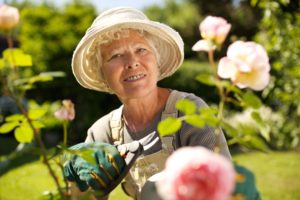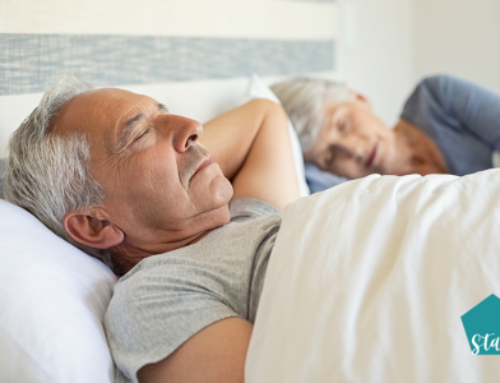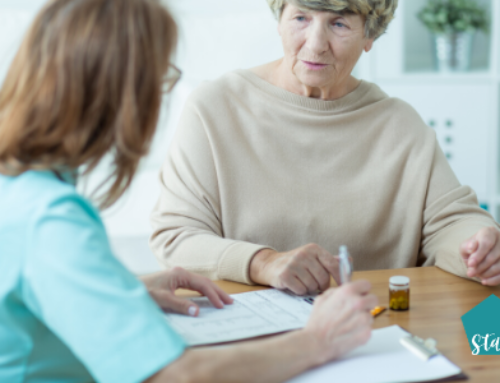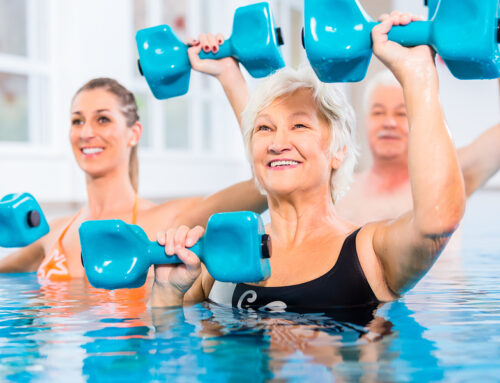
Senior Care in Turnersville NJ: Warmer Weather is on the Way—Time Think About Skin Cancer Prevention
Spring has officially begun, and warmer weather will soon have us all heading outdoors. That means more time spent in the sun. Because they’ll soon be exposed to more sunlight, now is a great time to start thinking about how to assist your aging relative with skin cancer prevention.
About Skin Cancer
Skin cancer happens when skin cells grow uncontrollably. It most often starts in parts of the skin that receive the most sun exposure. However, it can start even on skin that doesn’t usually get a lot of sun. There are three main kinds of skin cancer:
- Basal cell carcinoma.
- Squamous cell carcinoma.
- Melanoma.
Anyone can get skin cancer, regardless of their skin tone. Areas of the body most commonly affected by skin cancer are:
- Scalp.
- Face.
- Ears.
- Neck.
- Lips.
- Chest.
- Arms.
- Hands.
- Legs (mainly in women).
Prevention Tips
There are many ways to prevent seniors from getting skin cancer, and a senior care provider can assist with many of them. Some skin cancer prevention tips are:
- Stay in the Shade: When seniors are sitting outside, look for shady places for them to sit. A senior care provider can place a chair under a tree or awning to allow your aging relative to enjoy some time outside in the cool shade.
- Use Sunscreen: Older adults should wear sunscreen year-round when they are outside. Choose a broad-spectrum sunscreen, which will protect from the different kinds of rays. Also, look for one that is at least SPF 15. A senior care provider can remind the older adult to wear sunscreen and help them to apply it, if needed. It takes about 2 tablespoons of sunscreen to adequately cover the body. Sunscreen needs to be reapplied every 30 minutes.
- Wear the Right Clothes: Sunscreen cannot provide 100 percent protection. Keeping skin covered with clothing that is darker in color and tightly woven will help to block more of the sun’s rays. Seniors should also wear wide-brimmed hats to shade their face, ears, and neck. A senior care provider can assist them to choose appropriate clothing to wear outside.
- Check Skin: Doctors at the Mayo Clinic recommend checking skin frequently for changes to existing spots like moles. Also, look for the appearance of new growths. A senior care provider can assist with skin checks, especially for areas that are hard for the older adult to see on their own.
Even if your aging relative has existing skin damage from the sun, it’s not too late to help them prevent increasing their risk of skin cancer. Because they did not grow up in a time when people worried as much about skin cancer, they may neglect to protect their skin. A senior care provider can gently remind them of the importance and help them take the necessary steps.
Sources
https://www.skincancer.org/prevention/sun-protection/prevention-guidelines
https://www.cdc.gov/cancer/skin/basic_info/prevention.htm
https://www.mayoclinic.org/diseases-conditions/skin-cancer/symptoms-causes/syc-20377605
For senior care in Turnersville, NJ, and the surrounding areas, call and talk to us at Home to Stay Healthcare Solutions (856) 321-1500.







